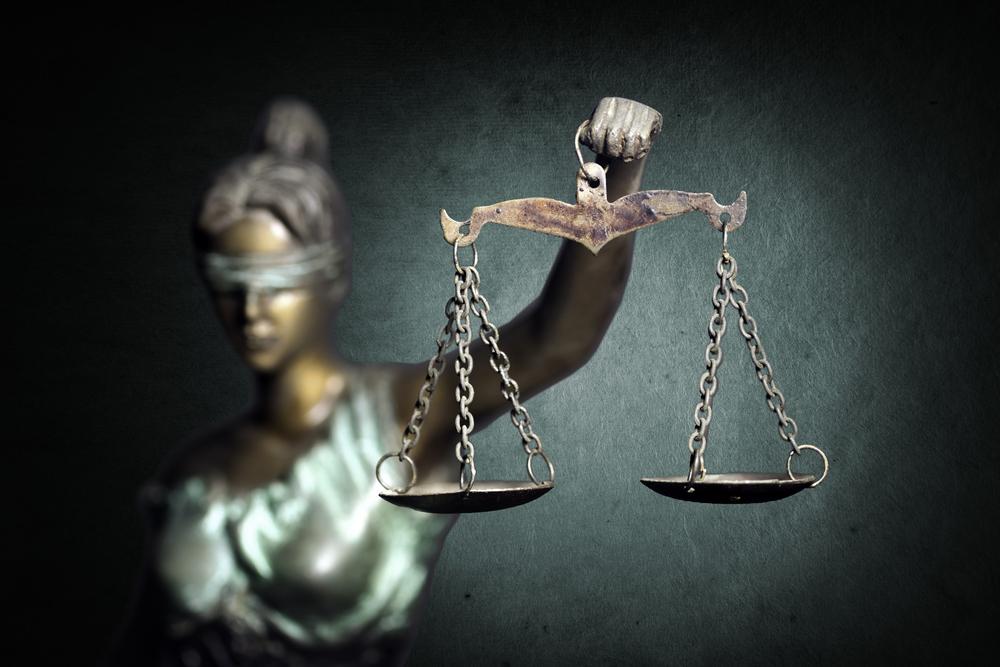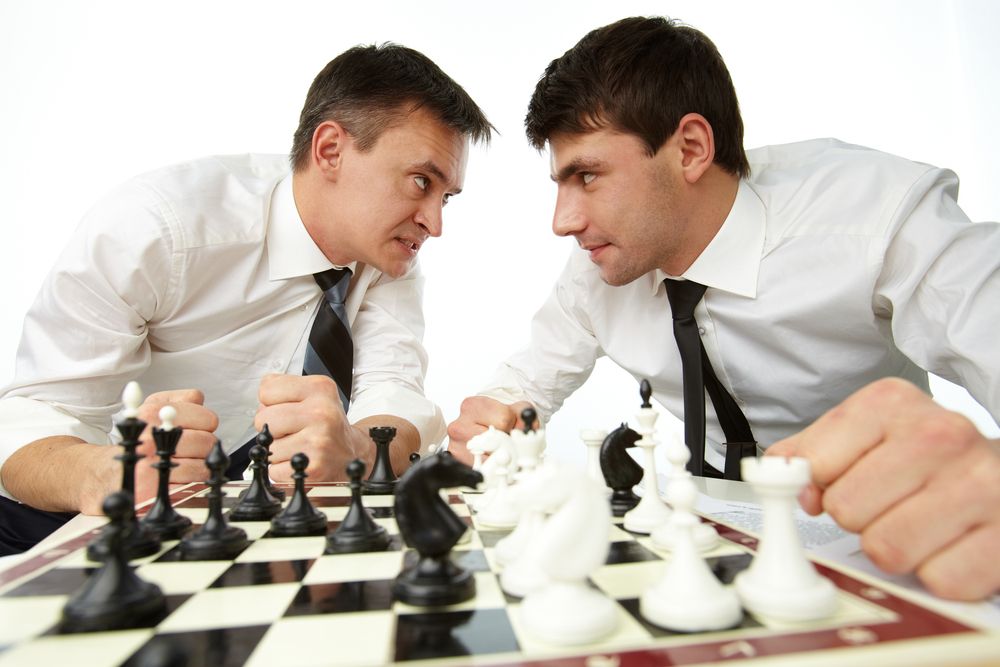
Is All Fair In Chess?
A well-known saying states that all is fair in love and war.
Our beloved game is actually both love and war.
While it is pretty obvious that chess is a war on 64 squares, what about love? Well, check the Twitter hashtag #WhyILoveChess and you'll get a lot of love there! ![]()
So, if all is fair in chess, then why 20 years ago did I write this in my profile on a popular chess server: "Another category of chessplayers I dislike is those who can play [a] K+R vs. K+R kind of endgame trying to win on time, showing lack of respect for chess and chessplayers"?
Indeed, I hate situations like this. Here is a position from one of my tournament games played around that time:
I played for a win for a long time trying to convert my extra pawn, but when the last set of minor pieces was traded I offered a draw. To my surprise, my opponent rejected the offer! At that moment we had already reached the sudden death time control and I had about two minutes left on my clock vs five minutes for my opponent. Since the game was played over 20 years ago, we used an analog clock, so no time delay was possible.
When my opponent refused a draw offer I couldn't believe my ears. It was not an internet blitz game, so the sheer idea of one GM trying to flag another in a position like this looked preposterous to me. Before asking a tournament director for a digital clock with a time delay, I decided to verify that I understood my opponent correctly.
I asked: "So, you are really going to play this position for a win?" At that point my opponent suddenly got out of his trance, smiled and said: "Oh, of course not, I am sorry," so at least we didn't have to embarrass ourselves by playing out this endgame.
I said "embarrass ourselves" because you can bet that after getting my draw offer rejected and obtaining a time-delay clock I would have started playing this position for a win, especially since White cannot possibly lose even if he loses both pawns, unless I blunder my rook of course.
As you can see, for a very long time I considered playing a "dead-drawn" position for a win, trying to flag the opponent, as bad sportsmanship.

Therefore I always scoffed at arguments like "if my opponent played slower than me in order to play better moves and I played faster than him sacrificing the quality of my moves in order to save time, then why can't I use my time advantage at the end of the game?" As a person gets older, he slowly learns that there are other opinions and sometimes, gasp, other people are right and you are wrong! So, I started thinking about this subject.
Throughout the years of watching scholastic tournaments, I observed countless games that reached a position similar to this one:
Kids always keep playing it out even when they don't have clock, so it is not their primary intention to flag an opponent. They just play chess! I can assure you that usually one of the players wins since draws are quite uncommon in this kind of tournament! Of course I am talking about chess players rated below USCF 1000.
It might look like a bad sportsmanship if a master tried to beat another master in a position like this. But the question is how to determine which position is appropriate to play for a certain level and at what level playing out a position like this becomes offensive?
Take for example the game that we analyzed a couple of weeks ago:
There I wrote: "Don't rush to blame Nakamura for playing the dead drawn position. He is a natural fighter who plays for any practical chances. This strategy has brought him many extra points."
So, where is that fine line that separates a fighter who plays it out as long as he sees practical chances from a player who mindlessly shuffles pieces all over the board, simply hoping to flag an opponent?
Here is another example to think about:
Should a super-GM resign in a position like this against another super-GM? Karjakin was heavily criticizing for playing till the bitter end. Personally I would be too embarrassed to play this position as Black and would certainly resign. But at the end Karjakin miraculously escaped with a draw:
By the way, it was the decisive game of their match and as the result of this draw, GM Karjakin won a hefty real estate prize. So, should he be criticized for his allegedly unethical behavior or praised for his fighting spirit and not giving up in a hopeless situation?
While the answer to this and similar questions was quite obvious for me some time ago, now I am not so sure. Unfortunately in most cases, whenever we hear an opinion completely opposite to our own, we simply brush it off. And that's one of the biggest problems of modern society. This is why our country is politically divided: We are not listening to each other!
I would like to hear the collective wisdom of our readers and finally solve the problem! So, here are the options:
- You can do whatever is legal.
- There are certain unwritten rules that you shouldn't break. (What are the rules? Are they applicable to all levels or does each level have its own set of rules?)
- Something else (rules, schmules, who cares?).
What do you think? Let us know in the comments.






